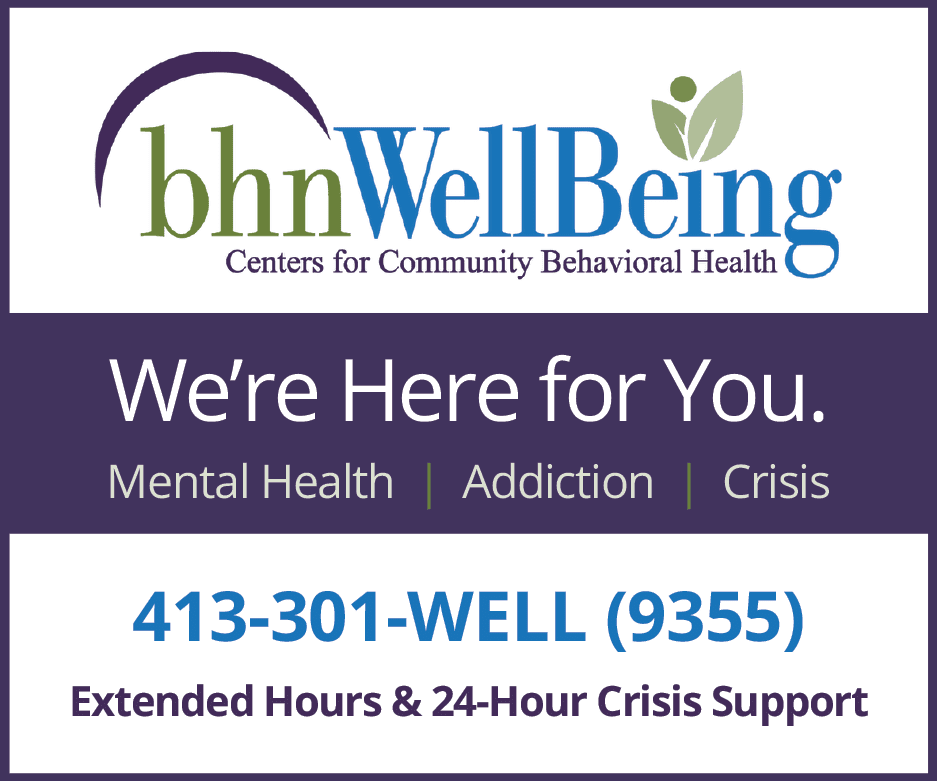A Local Voice in Washington

Jaines Andrades says scholarship opportunities and ways to access funding need to be made more available to minority students — and more community-college programs should be tuition-free.
On May 2, Jaines Andrades, a nurse practitioner at Baystate Medical Center in the Trauma and Surgery unit, testified before the U.S. Senate Committee on Healthcare, Education, Labor, and Pensions (HELP) about ways to minimize the shortage of minority healthcare providers.
Andrades was invited to testify by Sen. Bill Cassidy of Louisiana based on her now-famous story of climbing the ranks in her healthcare career. Featured on CNN, Good Morning America, People magazine, and more, she first caught national attention in 2020 when she posted a photo of each of her hospital badges to social media, showing her progression from custodian to registered nurse to nurse practitioner, all in the same hospital.
Following a screening process with representatives of the bipartisan committee members, the Chicopee resident was invited to be part of the panel, which included three other healthcare professionals, to help senators learn about ways to decrease barriers between minority students.
At the Capitol Hill hearing, Andrades shared her story of struggling to figure out a way to afford a college education which would lead to an career with economic stability while she was a student at Putnam High School in Springfield. She told lawmakers that, by chance, she met a nurse who encouraged her to consider the profession.
She decided to take a job that would help her learn more about healthcare while completing prerequisites at Holyoke Community College, so she could enroll in a bachelor of nursing science program at Elms College, and eventually earn a doctorate of nursing practice degree. She said working with nurses was how she learned how to make the next step in her education feasible.
“Making students at all schools, most especially those in underserved areas, aware of healthcare as an attainable career opportunity would go far, letting these students know it is within their reach and that there are resources available to them as they embark on the journey to higher education.”
“I began working in environmental services, as a custodian, at Baystate Medical Center. I worked to keep surgery and procedure rooms clean. This gave me the opportunity to see, first-hand, what nurses did, what I would need to know to move ahead in a healthcare environment, and to get advice on how to proceed in my career,” Andrades said. “My colleagues also offered incredible insight on ways I hadn’t thought of to fund my education. They pointed me toward resources like the Western Mass. Community Foundation, where I had access to scholarships and interest-free loans.”
Based on her experience, Andrades recommended to senators that education be made more affordable through tuition-free community college. She also suggested that scholarship opportunities and information on ways to access funding need to be made more available to minority students.
She recommended programs like the Baystate Springfield Educational Partnership, which allows students from Springfield to learn about healthcare careers inside the hospital, get more funding, and be implemented in areas where minority students live. She said these programs give students the chance to consider different career options before entering college and provide mentorship from professionals already working in medical professions. She said by participating in these programs, students often see themselves represented among advanced-practice providers and physicians and are more likely to see these professions as realistic possibilities. It also gives them exposure to pathways and resources to pursue their careers.
“I feel fortunate to have had the opportunity to testify before some of the nation’s most instrumental lawmakers. It was an honor to share my experience and insight, and to represent my community and Baystate Health.”
“Robust college and career planning is very critical. Making students at all schools, most especially those in underserved areas, aware of healthcare as an attainable career opportunity would go far, letting these students know it is within their reach and that there are resources available to them as they embark on the journey to higher education,” Andrades said.
Of the experience, she said she is honored to represent her community, Baystate Health, and the nursing profession. Always eager to help raise awareness and share her story, she hopes her words will resonate in Washington and beyond.
“I feel fortunate to have had the opportunity to testify before some of the nation’s most instrumental lawmakers. It was an honor to share my experience and insight, and to represent my community and Baystate Health,” Andrades said. “I hope the senators will take my suggestions under consideration, but most of all, I hope my story reaches one person who will be inspired by it and find a way to pursue their own dreams.”




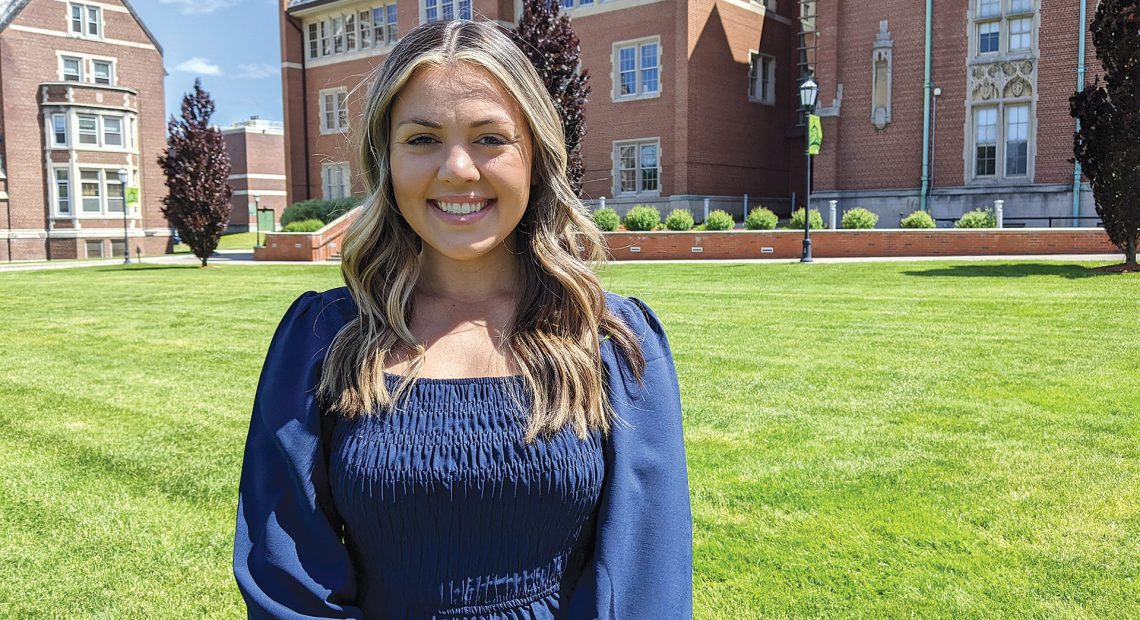
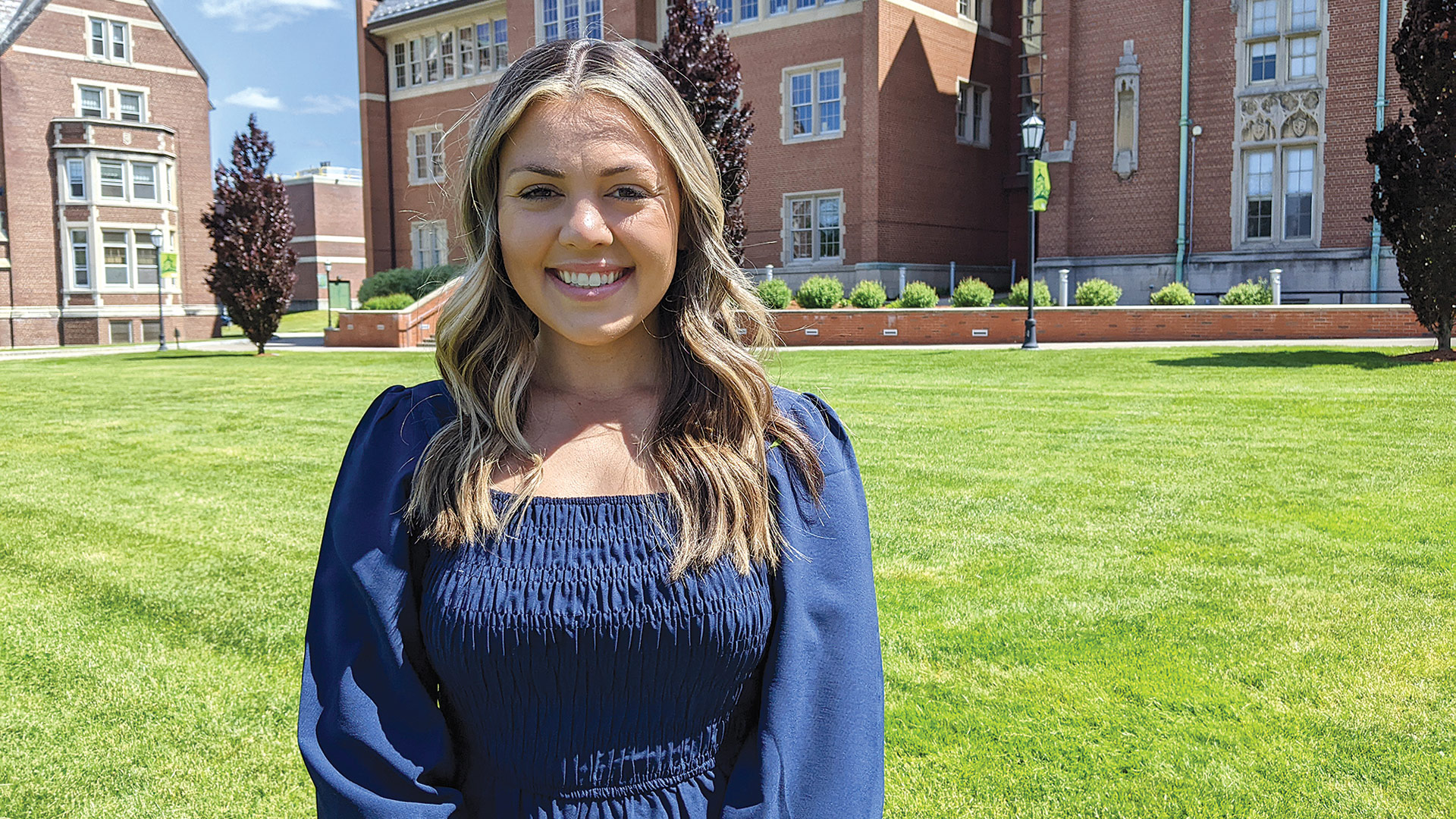
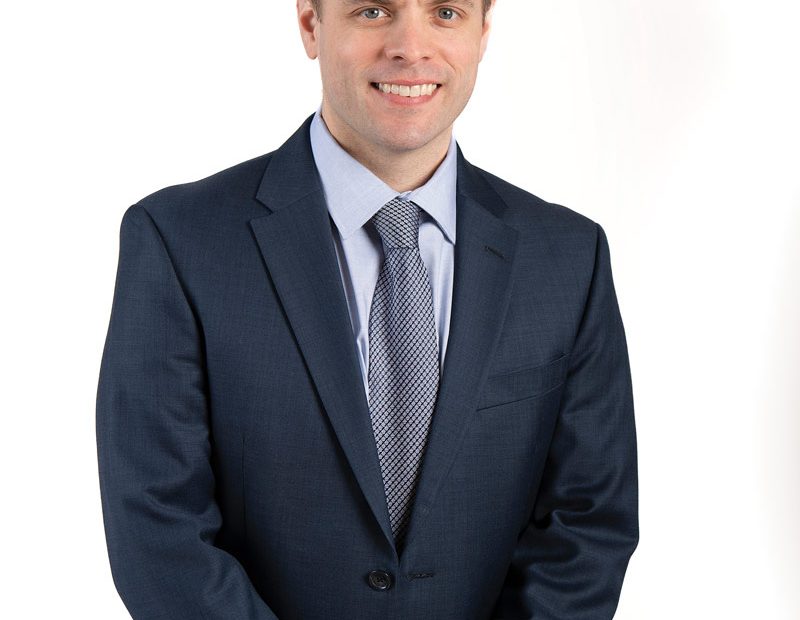
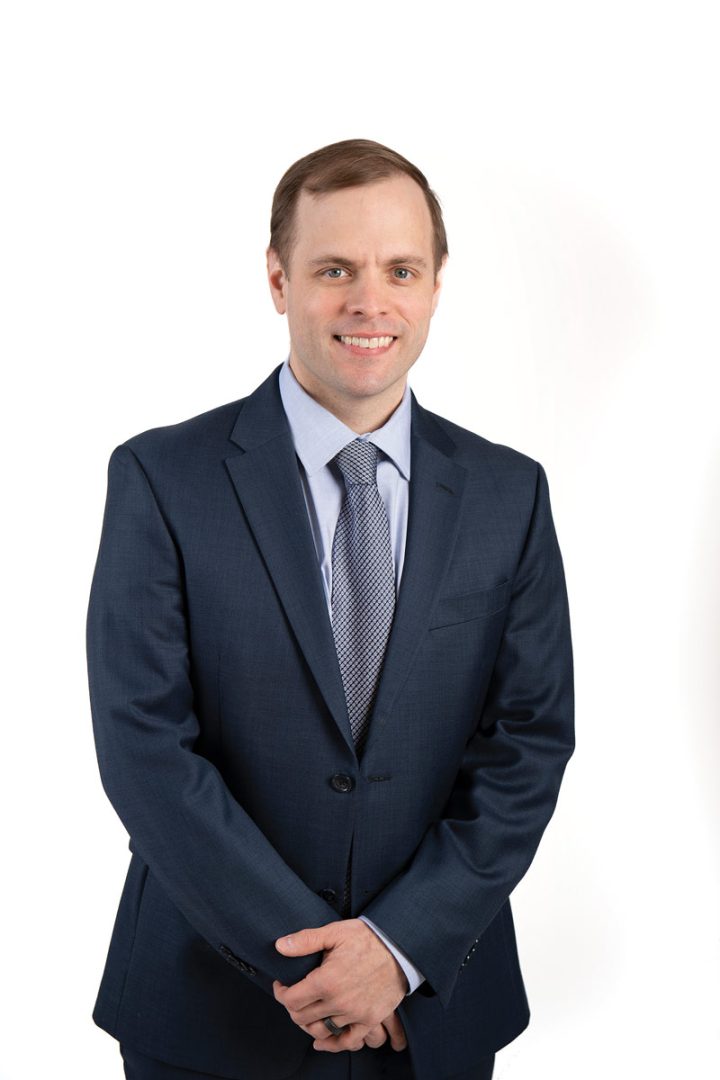
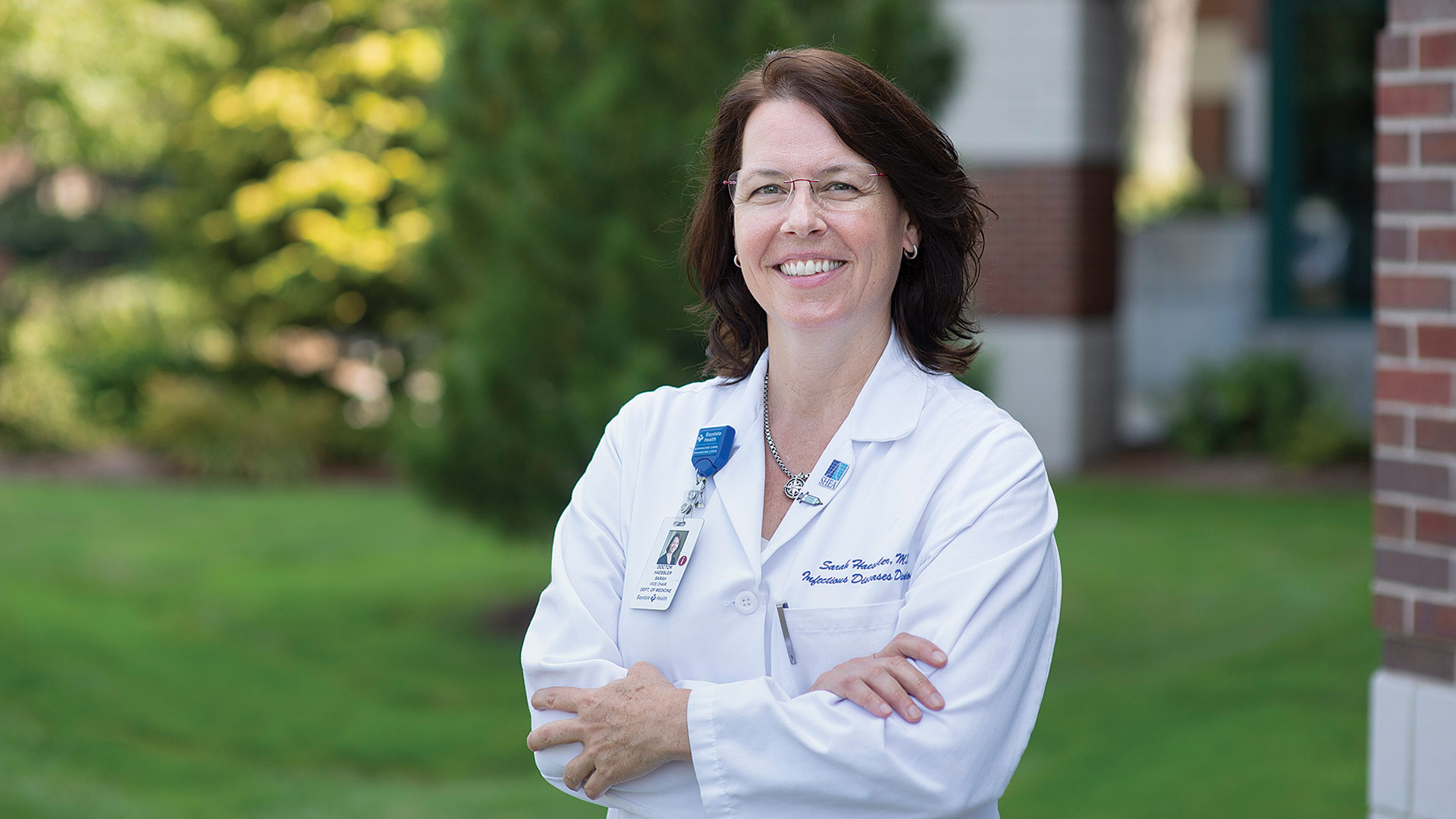

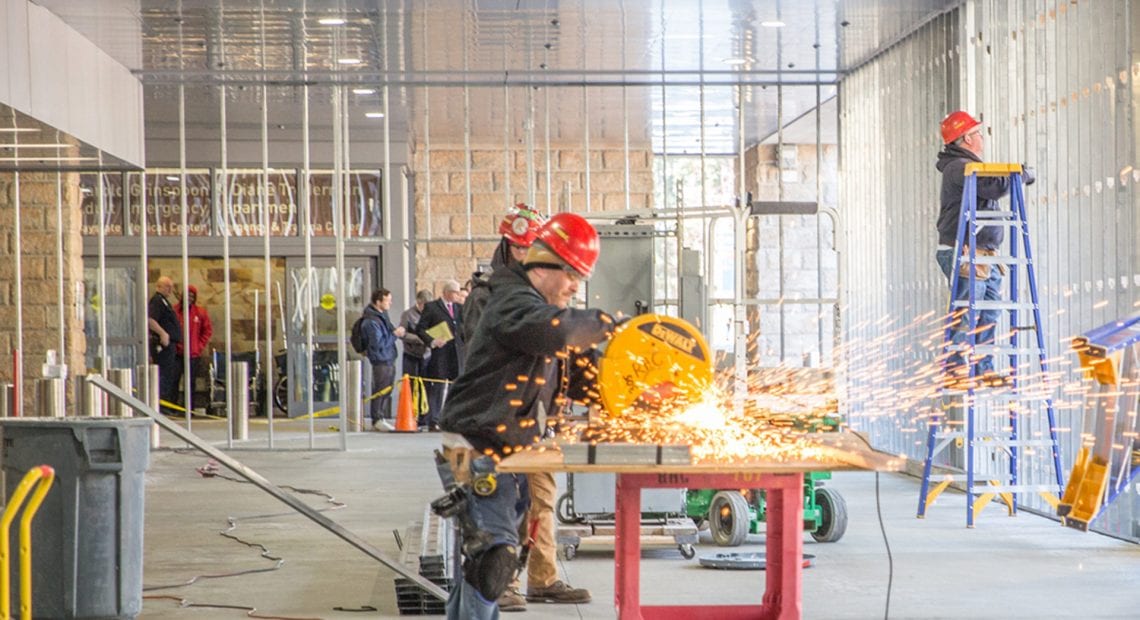
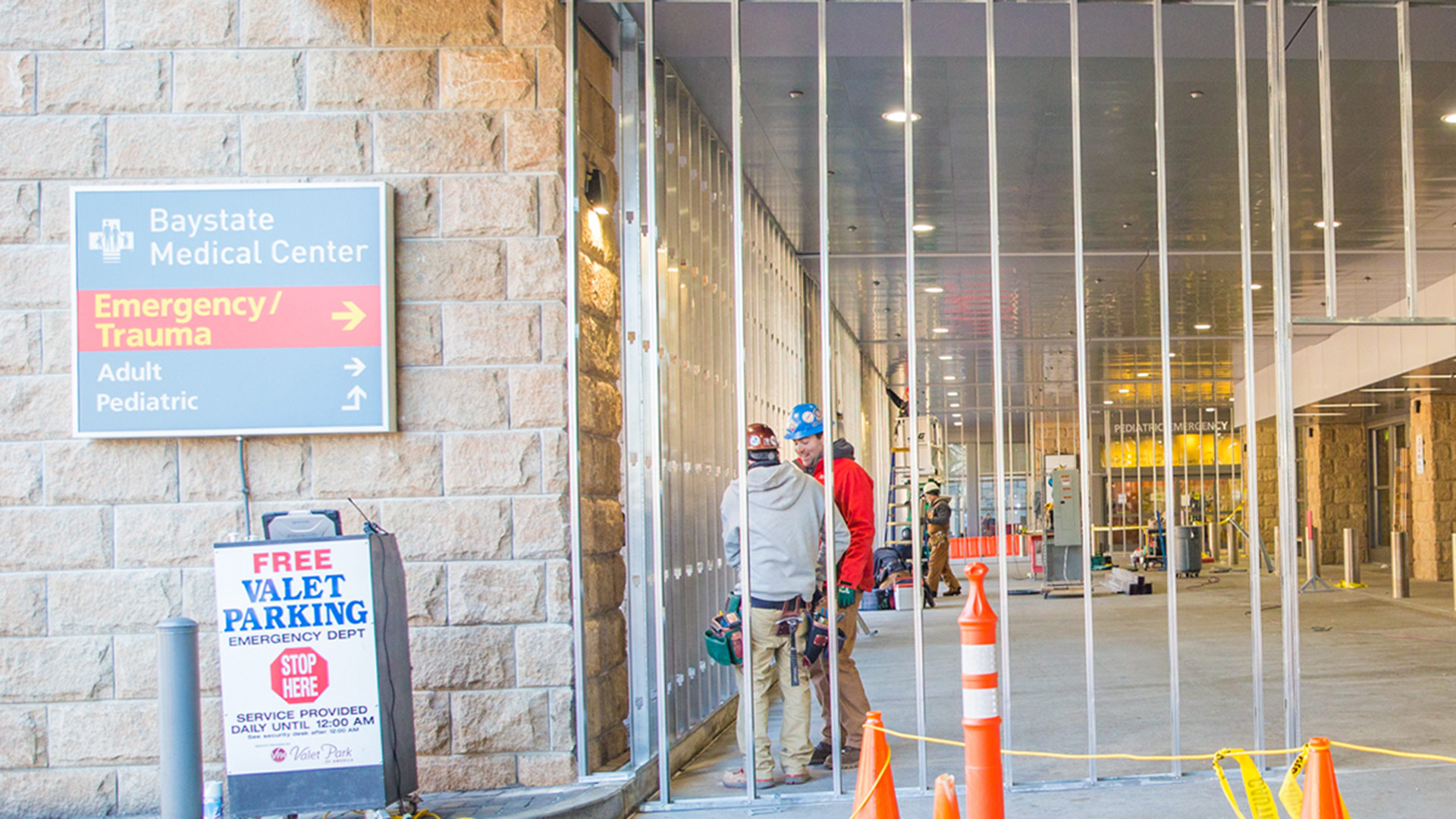 The Emergency Department was rather quiet at Baystate Medical Center on Monday morning.
The Emergency Department was rather quiet at Baystate Medical Center on Monday morning.


